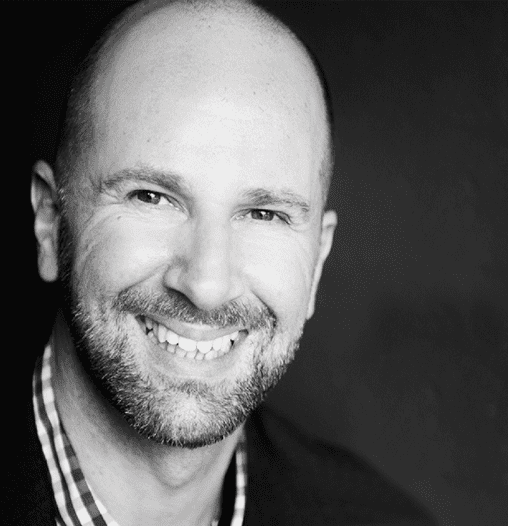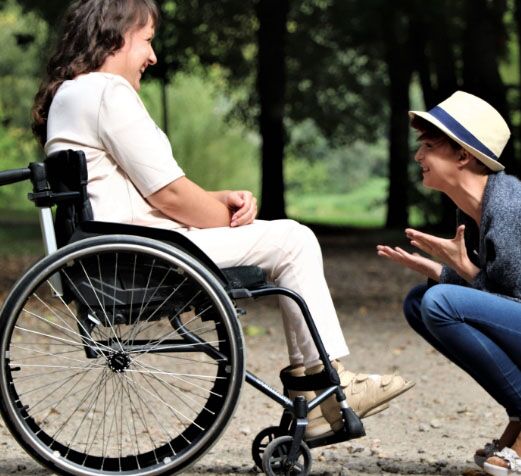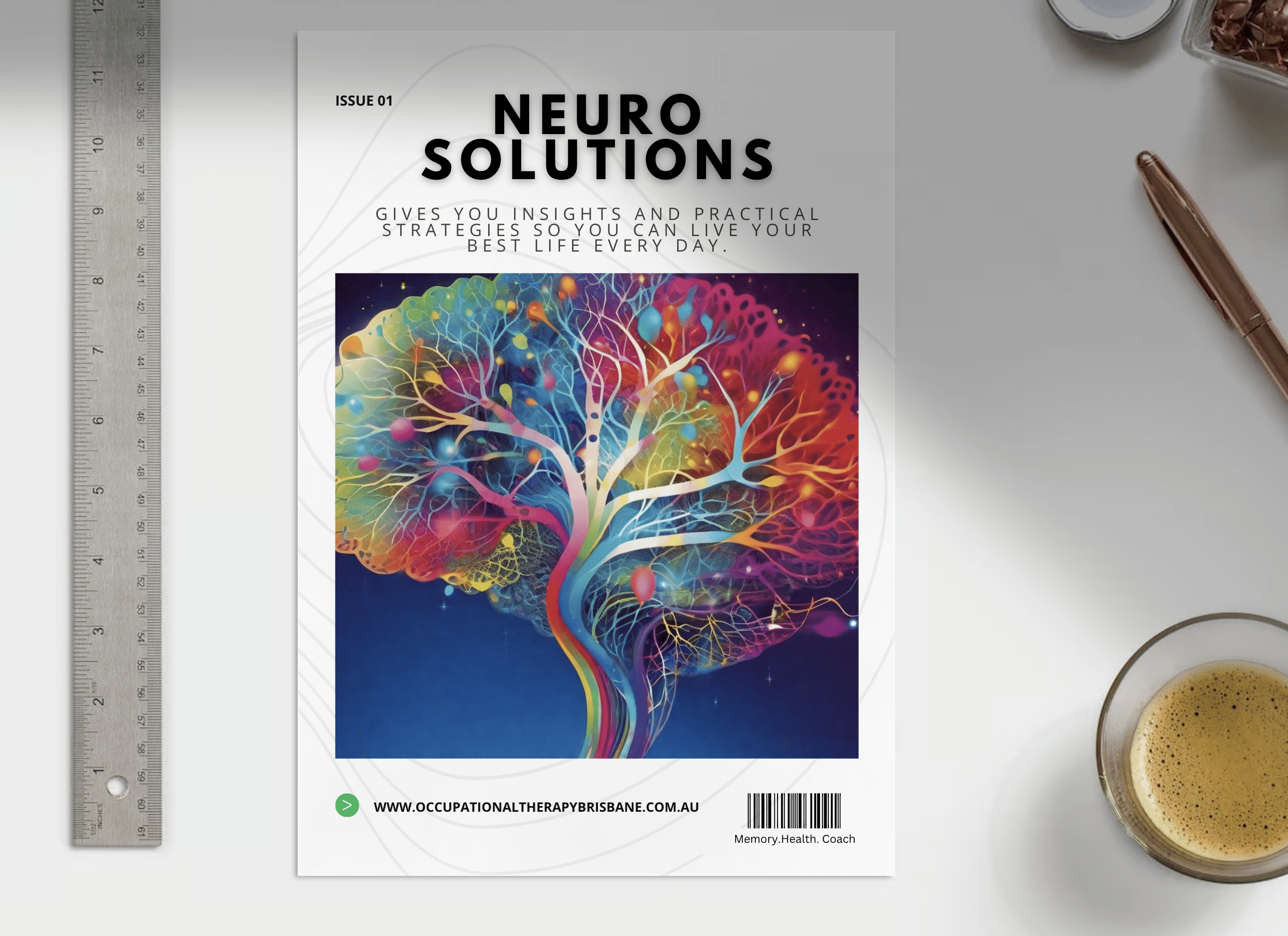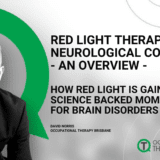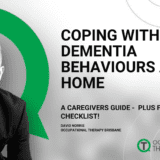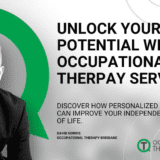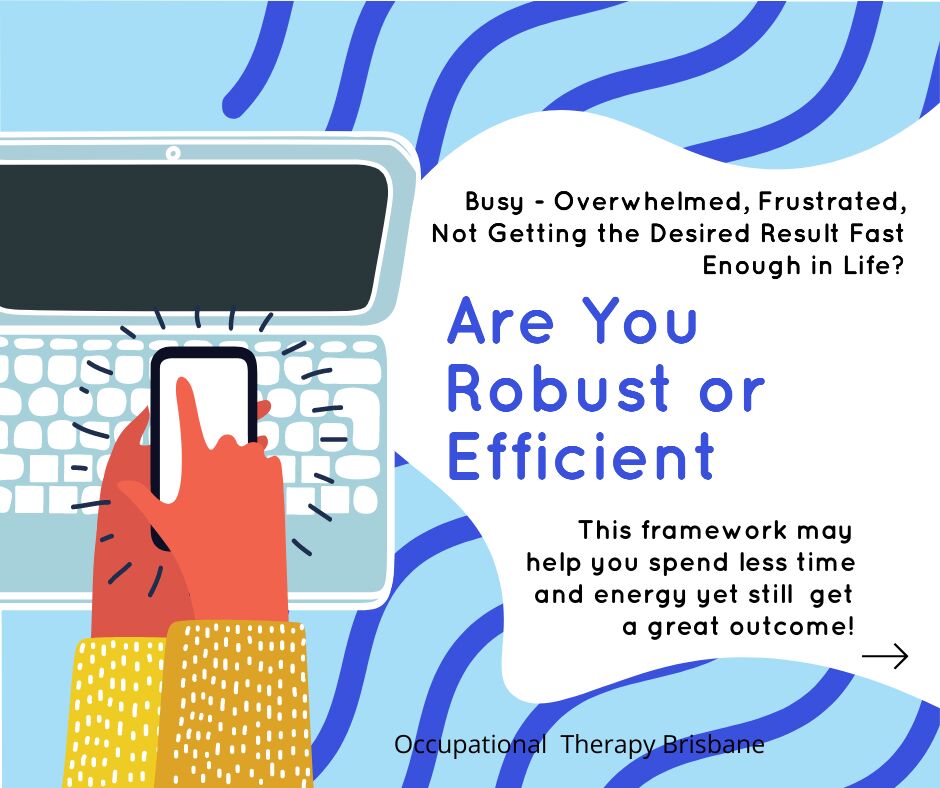
There was a collapsing sigh.
That letting go of tension, through sheer exhaustion.
You’re done with holding it all together.
Like a card tower, once the top card falls, it all comes down.
Does life feel more complicated?
With all the complexity of being and doing?
It is supposed to be simpler, yet, it is far from it, right?
Who’s with me on this?
From making decisions to paying the bills on time, let alone dealing with a major health event.
It can all add up.
I see/ hear this holding on, letting go sigh often.
Funny thing is my daughter has a sharp eye and she said – Dad you’re sighing a lot.
I’ve been pushing hard lately.
Plate loaded, trying to create more value for my clients.
But I’m stretched. No doubt about – but who isn’t?
That isn’t an excuse – more so a “hey we all experience it – so let’s do something about it – together”
I pulled a handbrake on it last week and I wanted to share with you what I did.
I used a variation of RETO
Heard of it?
I hadn’t until recently but I’m finding it a helpful framework for clarity.
Cause life’s busy, challenging, tough, crazy, a “mudslide of unpredictableness” – you name it.
So, RETO, it may help you.
What is RETO And How Can It Help You?
The Robustness-Efficiency Trade-Off (RETO) states that systems must trade-off between being Robust and being Efficient.
There is a trade off with each decision and it plays out in your life. Yes, life is a complex system of interactions.
None more so than those factors that impact your health.
Let’s take a super easy example.
You’re writing a letter to the local government member. You allocate 3hrs to do it.
- You could write one letter and edit it 5 times in 3hrs
- You could write 5 letters in three hours and send one to the local paper editor as well
- Or something in between these two actions
Time waits for no person, right?
Well, time is the most scarce resource we have, so you have a trade off between robust (high quality) versus being more efficient.
The next layer to this approach is appreciating the consequences of these decisions.
In short
- If the cost of failure is HIGH and the Impact Significant then a ROBUST approach is best
- If the cost if failure is LOW and the Impact small and recoverable then an Efficient approach is best
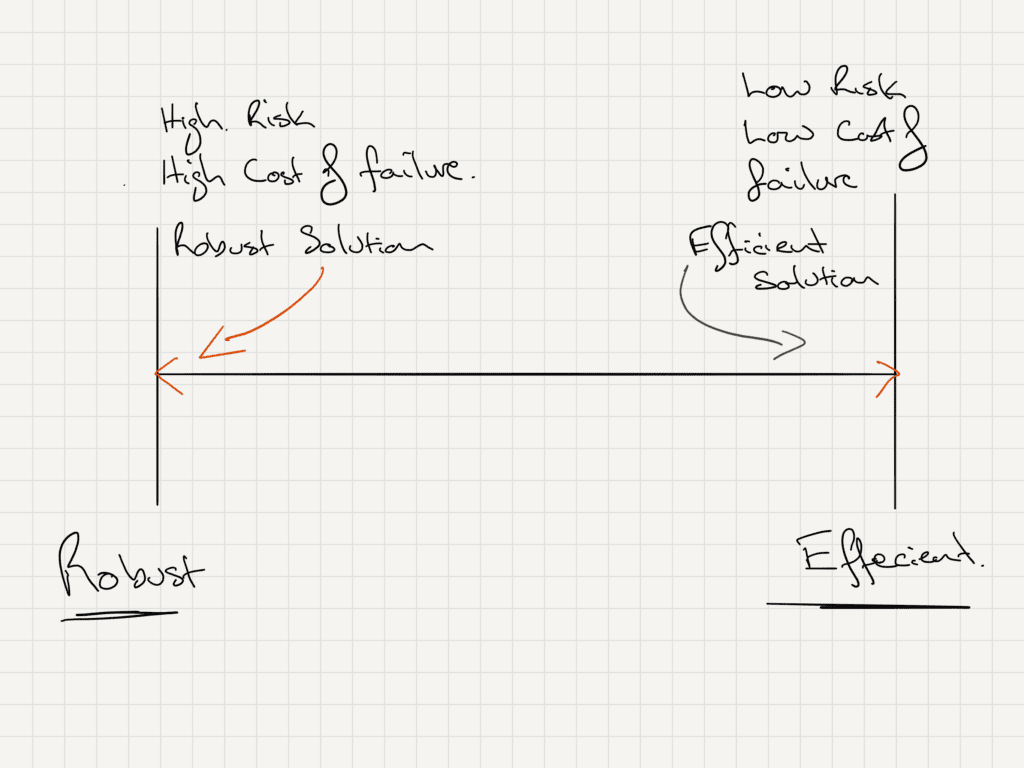
In most situations I tend to see more actions aligned to “Robust” probably more than we should.
Now, when I say this, there’s no doubt a commitment for a ROBUST approach
Consider, the times when
“I’ll go to the gym when I get the new shoes and pants”
“I’ll start that course when I have more time in my diary”
“I’ll make time for my health when things a little less crazy”
Lots of BIG effort early to get it right, but perhaps it needed to be more towards Efficient.
When I work with folk, I’ll often hear “we need to get all our ducks in order first before……”
And this gets in the way of getting into action mode.
When it comes to a BIG goal, you’ve got to start somewhere and get it 60- 70% right at the beginning.
- In lockdown I can’t go to the gym – what’s your 60% EFFICIENT solution here?
- I’m recovering after a stroke and I want to be back at work and I can’t…. What’s the best steps to get moving NOW
- A major home modification is a long process.. What are the cost effective easy things I can do NOW?
- Dementia – Severe Memory Loss is a later life condition but it’s the daily habits which increase your risk. What can you do now? It doesn’t have to be a complete LIFE Makeover – it can be small compounding Efficient actions.
- BUT if a mistake or an action has harmful consequences – design a ROBUST solution
Beware The Hidden Risk….
Getting into motion with an Efficient solution is great for early testing, trialing, learning and adapting BUT the goal then is to consider how to make it Robust in the long term.
Stacking personal habits, like layers of cake, are critical for your long term brain health and cognitive fitness. A system to make this work for you is where it becomes easy.
I’ll often talk about the sleep runway.
How are you’re getting ready for sleep. This is especially critical in our recovery after a brain injury, stroke and other neurological conditions. Having a personal formula isn’t important in the beginning but refining this over time is.
In this example we’re being Efficient Early and Robust Later.
So, with this in mind, the month’s newsletter is dedicated to World Alzheimer’s Month and Sept 21 being World Alzheimer’s Day.

This week’s article we explore “How To Get To Sleep When You Can’t”- the neuroprotective benefits of sleep.
Check out the article here.
To helping you be more Efficient and be Robust for life.
Article Source
- Big thanks to Taylor Pearson for bringing RETO to my attention
